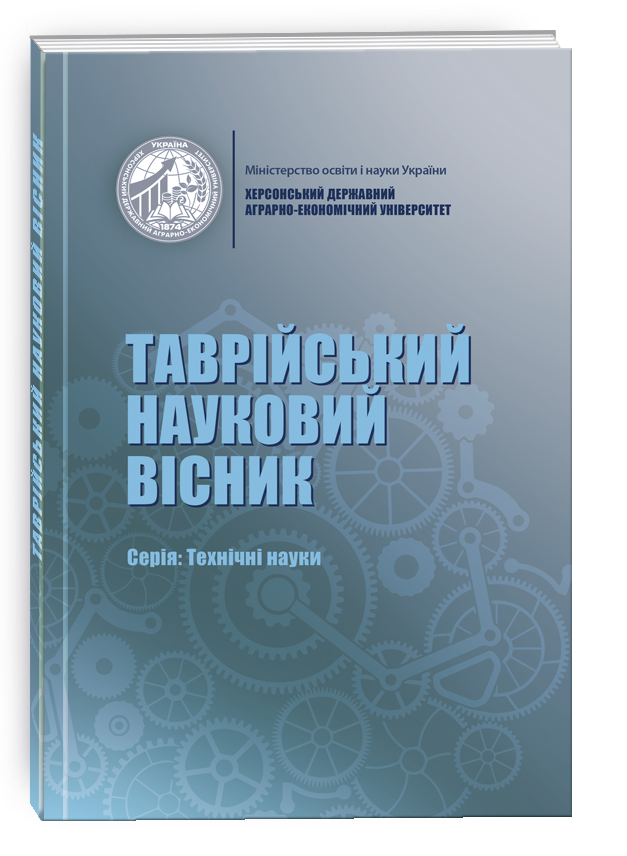DECENTRALIZED IOT NETWORKS: BLOCKCHAIN FOR SECURITY AND AUTONOMY
DOI:
https://doi.org/10.32782/tnv-tech.2025.1.20Keywords:
blockchain, Social IoT, trust management, decentralized networks, smart contracts, trust-based interactionsAbstract
The paper explores the challenges of centralized IoT networks, particularly Social IoT (SIoT) systems, which face critical issues related to security, scalability, and device autonomy. Traditional SIoT architectures rely on centralized servers for managing device interactions, leading to risks of failures, increased vulnerability to cyberattacks, and limitations in processing speed as the number of connected devices grows. A novel approach to establishing trusted interactions among IoT devices is proposed, based on blockchain technology and social connections. This approach eliminates dependency on centralized control, enhances data security, and enables greater autonomy in device decision-making.The study presents an algorithm for decentralized trust management, leveraging a distributed ledger to record interactions, smart contracts to automate authentication and enforce trust conditions, and a dynamic trust evaluation mechanism based on behavioral analysis, historical transactions, and recommendations from trusted nodes. Particular attention is given to the graph-based consensus mechanism, which enables efficient transaction verification in SIoT while minimizing computational overhead, a crucial factor for resource-constrained IoT devices. The proposed model allows devices to autonomously assess trust levels through a combination of historical data analysis and recommendations from trusted nodes. This eliminates the need for centralized servers, significantly reduces attack risks, prevents malicious manipulations, and creates a secure, scalable, and efficient environment for IoT operations.The research findings demonstrate that integrating blockchain with SIoT establishes a robust and adaptive trust management system, making it highly suitable for applications in autonomous transportation, smart cities, healthcare, and critical infrastructure. The proposed approach ensures high network scalability, enhances data protection, and facilitates autonomous device operation in a decentralized ecosystem, paving the way for the development of more secure and resilient IoT networks.
References
Dorri, A., Kanhere, S. S., Jurdak, R., & Gauravaram, P. Blockchain for IoT security and privacy: The case study of a smart home. IEEE International Conference on Pervasive Computing and Communications Workshops (PerCom Workshops), 2017, 618-623.
Christidis, K., & Devetsikiotis, M. Blockchains and Smart Contracts for the Internet of Things. IEEE Access, 2016, 4, 2292-2303.
Novo, O. Blockchain Meets IoT: An Architecture for Scalable Access Management in IoT. IEEE Internet of Things Journal, 2018, 5(2), 1184-1195.
Panarello, A., Tapas, N., Merlino, G., Longo, F., & Puliafito, A. Blockchain and IoT Integration: A Systematic Survey. Sensors, 2018, 18(8), 2575.
Makhdoom, I., Abolhasan, M., Abbas, H., & Ni, W. Blockchain’s adoption in IoT: The challenges, and a way forward. Journal of Network and Computer Applications, 2019, 125, 251-279.







